Conflicts of Interest Policy
LAFAYETTE URBAN MINISTRY
CONFLICTS OF INTEREST POLICY
Adopted by the Board of Directors of LAFAYETTE URBAN MINISTRY
on this 16th day of December, 2020.
A. Purpose.
The purpose of this Conflicts of Interest Policy is to protect the interest of Lafayette Urban Ministry (hereinafter referred to as LUM) when it is contemplating entering into a transaction or arrangement that might benefit the private interest of an officer, board member or committee member of LUM. Such transactions may include services provided by LUM; purchase of services and/or tangibles from a vendor; and/or access to specialized or privileged information which can be used for personal gain. This policy is intended to supplement but not replace any Indiana laws governing conflicts of interest applicable to nonprofit and charitable corporations.
B. Applicability.
This policy applies to any transaction or arrangement between LUM and any “interested person.”
An “interested person” is a board representative, officer or member of a committee with board-delegated powers who has a direct or indirect “financial interest,”
A “financial interest” is:
- An ownership or investment interest in any entity with which LUM has a transaction
or arrangement; - A compensation arrangement with LUM or with any entity or individual with which
LUM has a transaction or arrangement; or - Being an officer, director, employee or agent of any entity or individual with which
LUM has a transaction or arrangement.
Compensation includes direct and indirect remuneration and gifts or favors which are substantial in nature.
C. Determination of a Conflict of Interest.
With respect to any proposed transaction or arrangement between LUM and any entity or individual being considered by the board representatives or any committee with board-delegated powers:
- Any interested person shall disclose any financial interest and all material facts relating thereto to the board or committee as soon as the interested person becomes aware of a possible conflict of interest.
- Upon the disclosure by an interested person of a financial interest and all material facts relating thereto and discussion with the interested person, he or she shall leave the meeting while the remaining members of the board or committee discuss the matter and determine, by majority vote without the interested person voting, whether or not the financial interest of the interested person constitutes a conflict of interest.
D. Addressing a Conflict of Interest.
If a conflict of interest is determined to exist, then the board or committee shall;
- Require the interested person to leave the meeting during the discussion of, and the vote on, the transaction or arrangement that results in the conflict of interest; provided, however, that the interested person may make a presentation at the meeting prior to leaving;
- Appoint, if it deems appropriate, a non-interested person or committee to investigate alternatives to the proposed transaction or arrangement; and Determine, by a majority vote without the interested person voting, that the transaction or arrangement is in LUM’s best interest and for its own benefit; is fair and reasonable to LUM; and, after exercising due diligence, determine that LUM cannot obtain a more advantageous transaction or arrangement with reasonable efforts under the circumstances, Any interested person who violates this Conflict of Interest Policy shall be subject to appropriate discipline, including removal from office.
E. Recording Conflicts of Interest.
The minutes of all board meetings and the meetings of all committees with board-delegated powers shall include:
- The names of the persons who disclose financial interests, the nature of the financial interests and whether the board or committee determined that there was a conflict of interest; and
- The names of the persons who were present for discussions and votes relating to the transaction or arrangement; the content of these discussions, including any alternatives to the proposed transaction or arrangement; and a record of the vote.
F. Distribution of Conflict of Interest Policy.
- At the first board meeting following the annual board meeting, a copy of the Corporation’s current Conflicts of Interest Policy shall be distributed to all board representatives.
- On or before the date of the second board meeting following the annual board meeting, each director shall sign and return, or verify via email, to the secretary of the board a written statement that he or she:
a. Has received a copy of the Conflicts of Interest Policy,
b. Has read and understands the Policy;
c. Agrees to comply with the Policy;
d. Understands that the Policy applies to all committees and subcommittees having board-delegated powers; and
e. Understands that LUM is a charitable organization and that in order to maintain its tax-exempt status, it must continuously engage primarily in activities which accomplish one or more of its tax-exempt purposes.
G. Periodic Reviews.
At the first Executive Council meeting following the annual board meeting, and at such other times as the board may deem appropriate, the Executive Council shall conduct a review of LUM activities to ensure that LUM is operating in a manner consistent with accomplishing its charitable purposes and that its operations do not result in private inurement or impermissible benefit to private interests.

